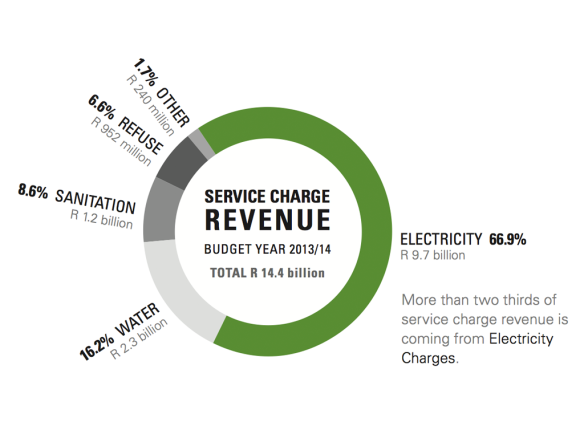A paper I co-authored with Robert Morrell and Vanessa Watson, based on the interviews I conducted at the Energy Research Centre at the University of Cape Town for the research project Global Arenas of Knowledge, was published by MIT Press’ Global Environmental Politics in August 2018.
Titled ‘Southern Agency: Navigating Local and Global Imperatives in Climate Research’ it identifies the ways in which Southern researchers’ focus on immediacy, impact and local relevance for their work may reduce their academic visibility (as measured by global citation indices for example) but that this results not just from North-South inequality or lack of resources, but conscious, activist decision-making around what forms of output and impact they prioritise as a Southern institution.
Abstract:
Researchers in the Global South are geopolitically distant from the places and people influencing global climate change debates. Their contribution in terms of academic publication is not large. Yet, by examining a South African research center, we show that these researchers negotiate their marginalization, optimize their local advantage, and navigate between national and global imperatives. Climate change requires global action and is a site of activism for Southern countries, which also face urgent developmental challenges requiring applied research. Climate change mitigation has to be addressed with attention to inequality. Our Southern soft-funded research center valued applied research and immediate policy impact over conventional peer-reviewed journal outputs. Impact assessment that relies on research metrics, such as citation counts, may miss some of the accomplishments of Southern institutions such as this one. These Southern re- searchers actively make choices and pursue agendas and are not just the victims of inadequate resourcing and Northern domination.
‘Southern Agency: Navigating Local and Global Imperatives in Climate Research’, Global Environmental Politics, MIT Press, August 2018
